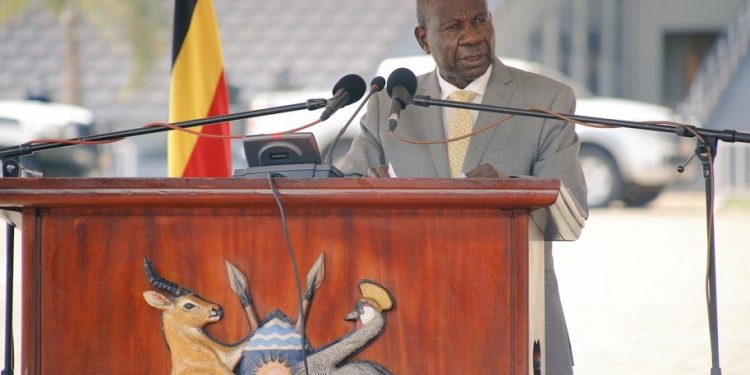Government through the Minister of Finance, Planning and Economic Development, Matia Kasaija, has listed short, medium and long term measures that will be implemented in order to curb the rising commodity prices.
Speaking at the National Budget reading held on Tuesday June 14 at Kololo Independence grounds, Kasaija said government will support farmers to grow more fast-maturing food and oil seeds to ensure sufficient domestic supply.
He added that they will maintain a market-based determination of prices to support a continuous supply of the goods and services.
This, he said, is intended to ensure that demand does not outstrip supply.
Government will also expedite improvement of alternative fuel import routes across Lake Victoria to avoid possible unnecessary supply disruptions.
It will also use appropriate fiscal and monetary policies to mitigate the impact of price shocks, construct additional fuel storage infrastructure in the medium term, and stock them adequately.
Government will also expedite commercial oil production and development of the oil refinery.
Kasaija revealed that government cannot influence price levels whose changes are driven by external shocks that are outside its control.
He said government will not apply measures which can lead to long-term and painful distortions in the economy like persistent shortages of goods, hoarding, and black markets.
The proposed interventions follow a significant increase in prices for some of the essential commodities and services.
These include laundry bar soap, petrol and diesel, cooking oil, some food crop items such as wheat, sugar, potatoes, and onions.
Education services and building materials such as cement and steel have also experienced price increases.
This has led led to an increase in the
overall inflation from 2.7 percent in January 2022 to 6.3 percent in May 2022, causing considerable discomfort among the public.









